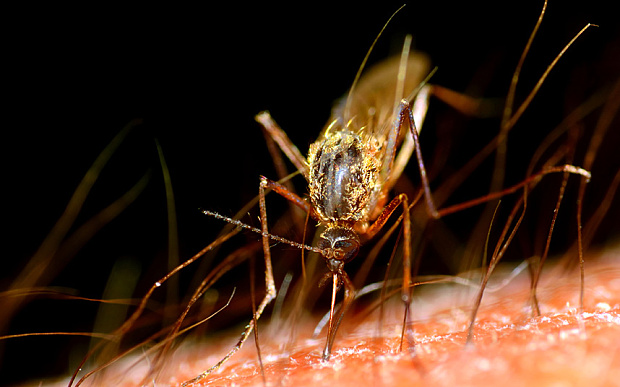Efforts by government at all levels and the international community notwithstanding, malaria still kills no fewer than 81,640 Nigerians and infects 53.7 million yearly.
Besides, the country loses N450 billion annually to interventions and treatments.
Moreover, $1.12 billion (N403.2 trillion) was the needed financial outlay for procurement of intervention commodities to tackle the menace between 2018 and 2020.
In an exclusive interview with The Guardian ahead of yesterday’s commemoration of the World Malaria Day (WMD), the National Coordinator, National Malaria Elimination Programme (NMEP), Dr. Audu Bala Mohammed, said: “Currently, it is estimated that about 53.7 million cases of malaria occur in Nigeria. It has 25 per cent of global burden and 53 per cent of cases in West Africa annually and with about 81,640 deaths that are 19 per cent of global burden and 45 per cent of deaths in West Africa.”
On how much the country loses yearly to the malaise, Mohammed stated: “It is difficult to estimate. Some scholars had estimated this to be N132 billion annually. But that was an old study and the commodities we use for malaria control have changed since that publication.
“In 2013, another study indicated that at the household level, direct expenditure is between N4000 and N7000 for malaria. With about 40 million households, this figure will be translating to N160-N280 billion directly lost to malaria. As indicated above, the need of the country is close to N450 billion. If Nigeria was to be free of malaria, close to half a trillion could be saved in intervention costs.”
He, however, said from 2010 to 2018, there had been a steady decline in malaria-related deaths from 145,000 to the current statistics of 81,640.
Due to financial incapacity, the NMEP boss admitted that intervention had not been on any significant scale in 13 states of the federation, adding that government and development partners had only met about 50 per cent of the required N403.2 trillion in the last 18 months.
Consequently, Mohammed said government had approached some lending institutions, including the World Bank, African Development Bank and the Islamic Development Bank (IsDB), to raise some financial instruments to address the gaps in some of the identified states hopefully in the third quarter.
He noted that there were also challenges of assessing some places due to sectarian crises and difficult terrains.
Mohammed also disclosed that there were issues with misuse, non-use or abuse of some of the intervention commodities.
Meanwhile, government is to raise an expert group to counsel on strategies for the elimination of the deadly ailment.
This comes even as the administration awaits the outcome of the maiden pilot RTSS/ASO1 antimalarial vaccine for partial protection of children against the scourge recently introduced in Malawi.
Government believes that a good result would catalyse global efforts at defeating the disease.
Minister of Health, Prof. Isaac Adewole, who made the disclosure yesterday at a briefing to mark this year’s World Malaria Day in Abuja, stated that government had commenced a holistic review of programme implementation nationwide with a view to effecting changes where necessary.
Source: Guardian













